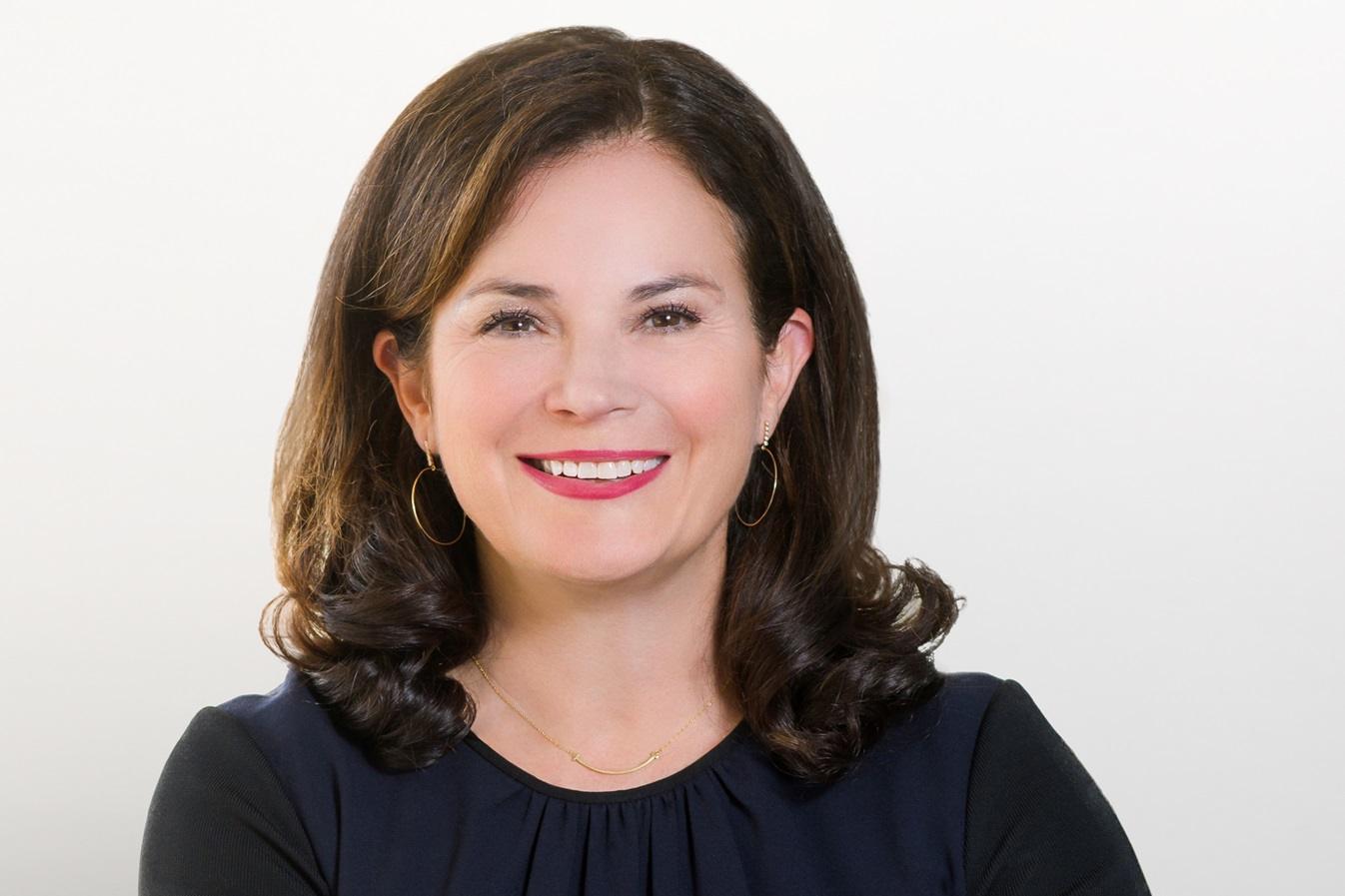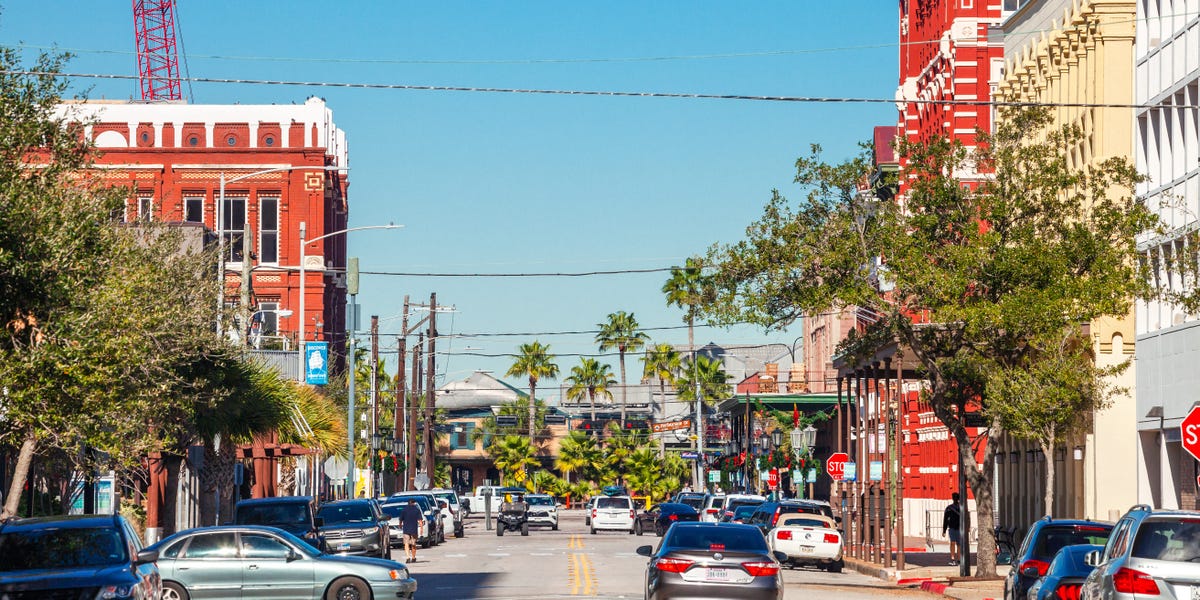A
nearly 40-year-old office tower on the edge of the 110 Freeway is being transformed into deluxe apartments, with developer Garrett Lee confident that it can compete with downtown L.A.'s newer upmarket housing. A mock-up of an apartment in the building reveals high ceilings, tall windows, and sweeping city views, showcasing the appeal of urban living.
This conversion could be a harbinger for other fancy office towers, as stakeholders push for more city support to convert high-rises into housing that would help address L.A.'s persistent housing shortage. The downtown office rental market is struggling with high vacancies and falling values, making it an attractive option to repurpose these buildings.
A new study commissioned by the Central City Assn. of Los Angeles warns that failure to make some of these conversions could be financially catastrophic for taxpayers. Office values have plummeted in recent sales, leading owners to seek public reappraisals and reduced property taxes. This decline in assessed values would result in significant losses in General Fund revenue for the city.
Efforts to create a second act for underused office towers are part of a larger drama playing out in downtown L.A., which has lost much of its shine since the pandemic started. Restaurants and shops have struggled with the departure of many workers, while homelessness and safety concerns have risen, leading some office tenants to leave.
Downtown L.A. has 54 office buildings at risk of devaluation, potentially resulting in nearly $70 billion in lost value over the next decade and a loss of $353 million in property tax revenues. Converting just 10 big office buildings to housing could boost their combined assessed property value by $12 billion, adding $46 million in tax revenue and creating more than 3,800 residential units.
Demand for housing in downtown L.A. has remained steady despite the decline in office needs. Occupancy in apartments has stayed around 90% for over a year, slightly higher than pre-pandemic levels. The city's planning policies encourage dense development, with 22% of new housing built in downtown over the last decade.
Business leaders support efforts to refill office buildings while also encouraging conversions to housing. A new building code will make it easier for developers to get approvals to convert offices built after 1975. The city is close to adopting this code, which would facilitate more conversions.
The highest hurdle for private landlords considering conversion is typically financial; it often costs more to acquire and convert a building than can be justified by expected rents. City leaders should consider offering financial incentives such as property tax abatements or transfer tax exemptions to bridge the gap to profitability, according to the report.















